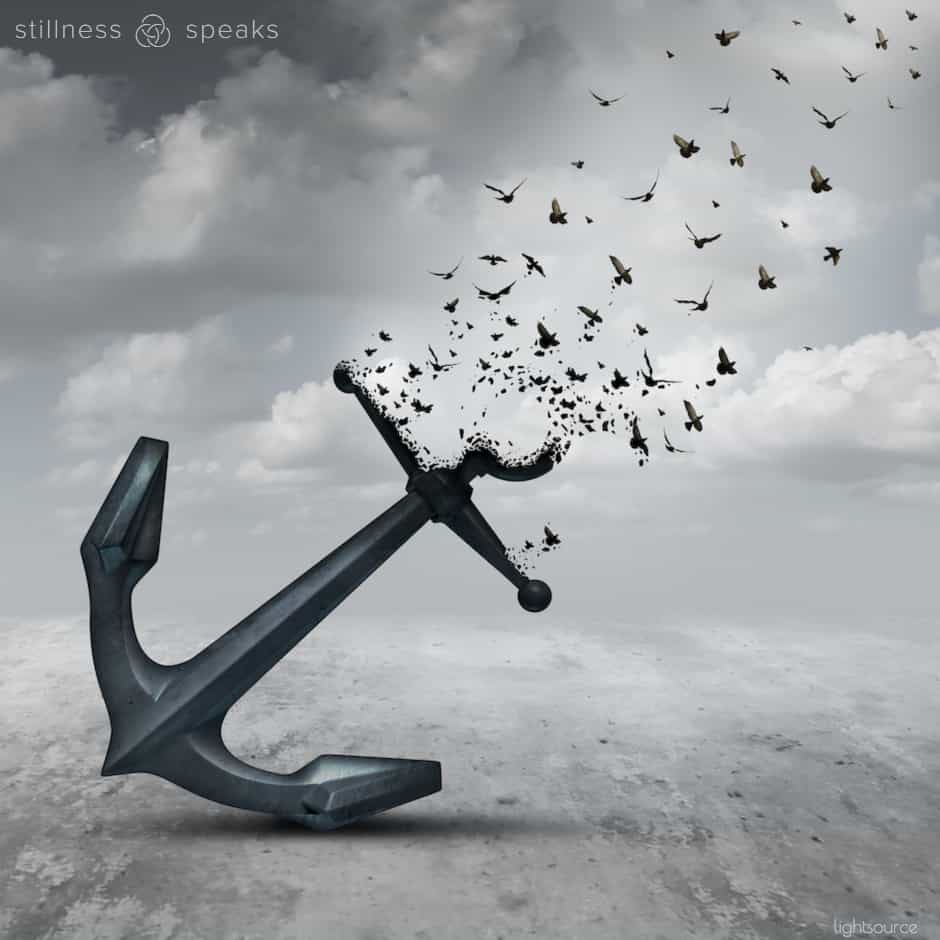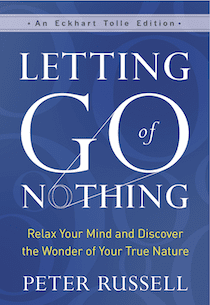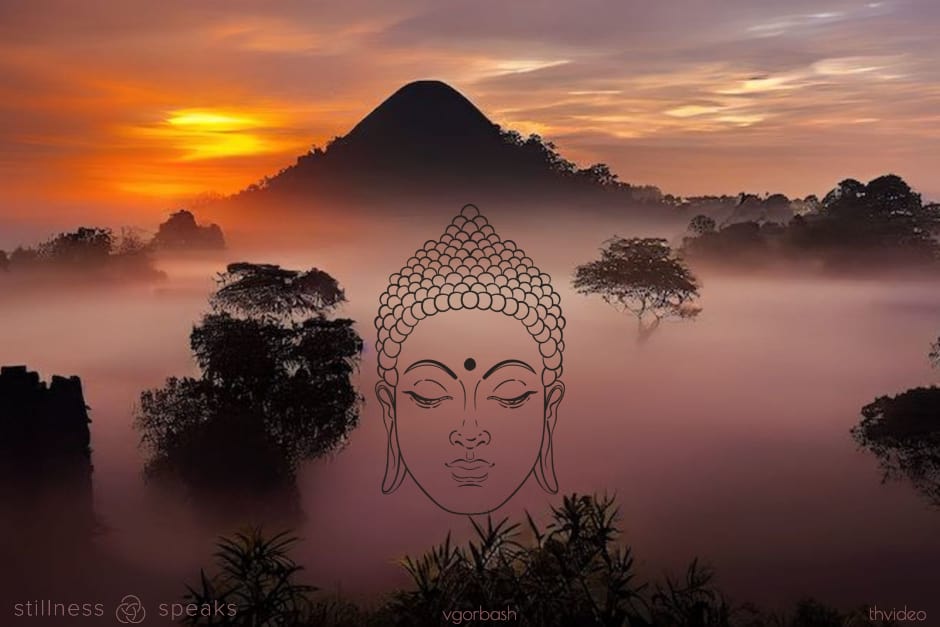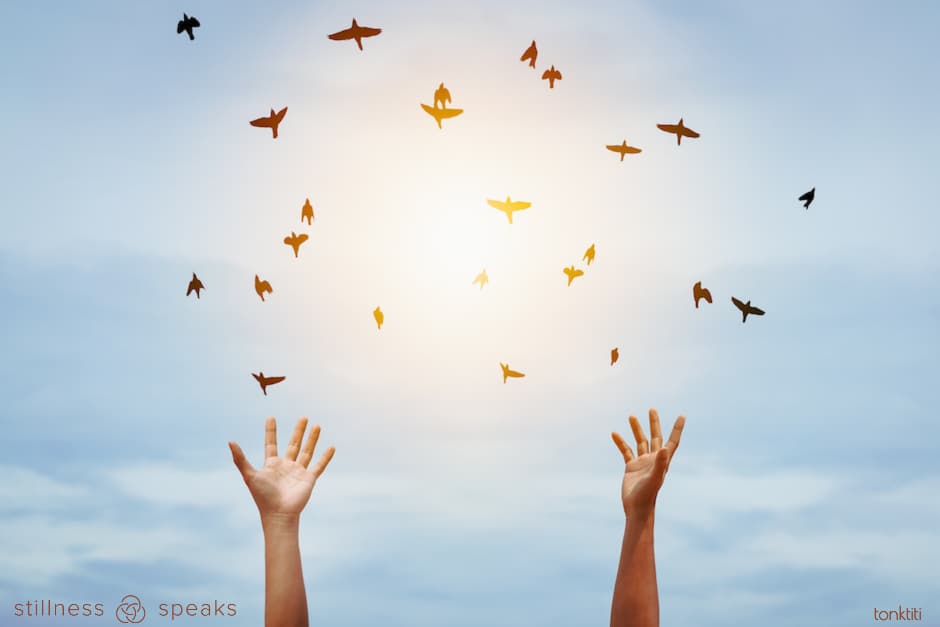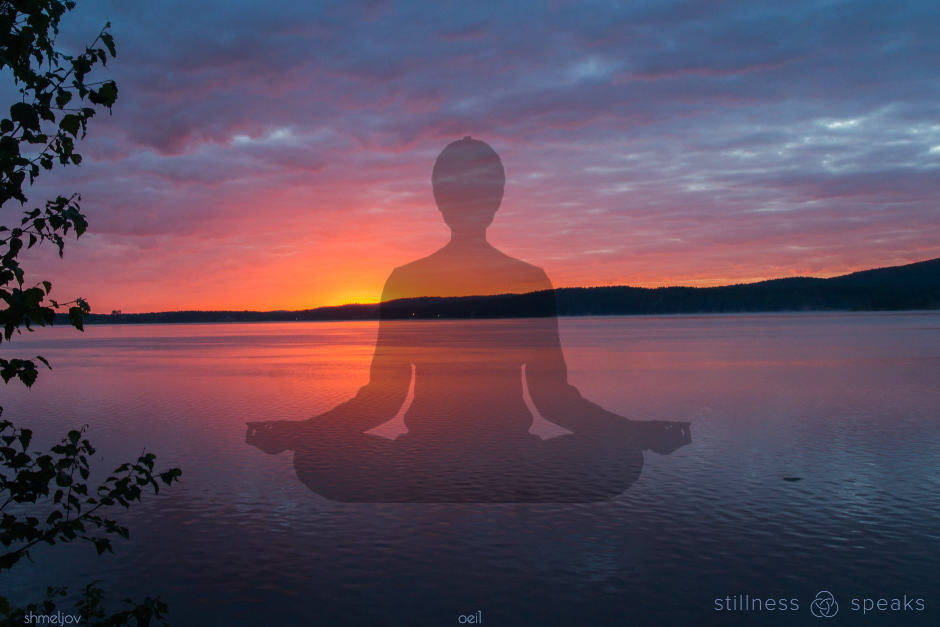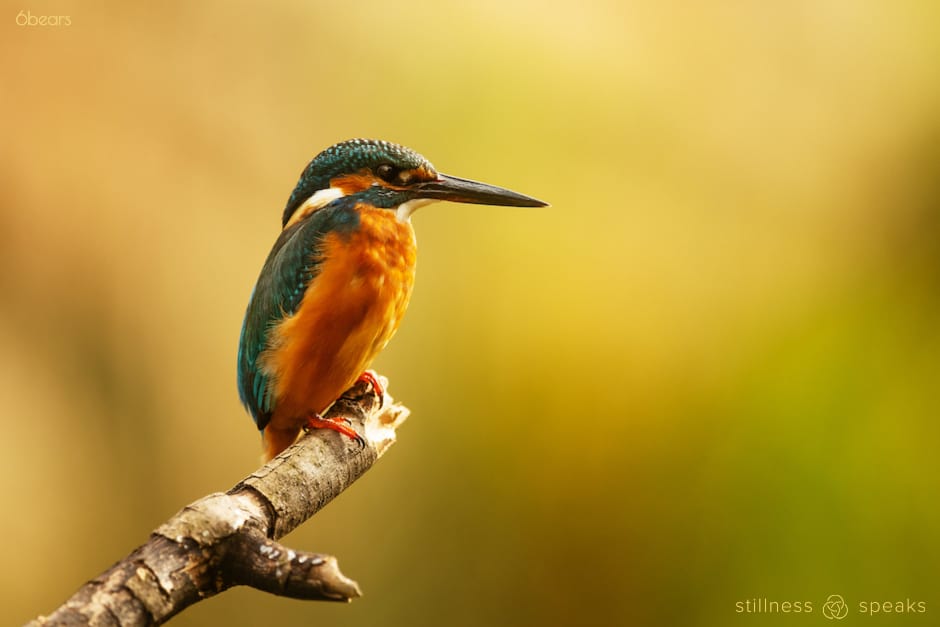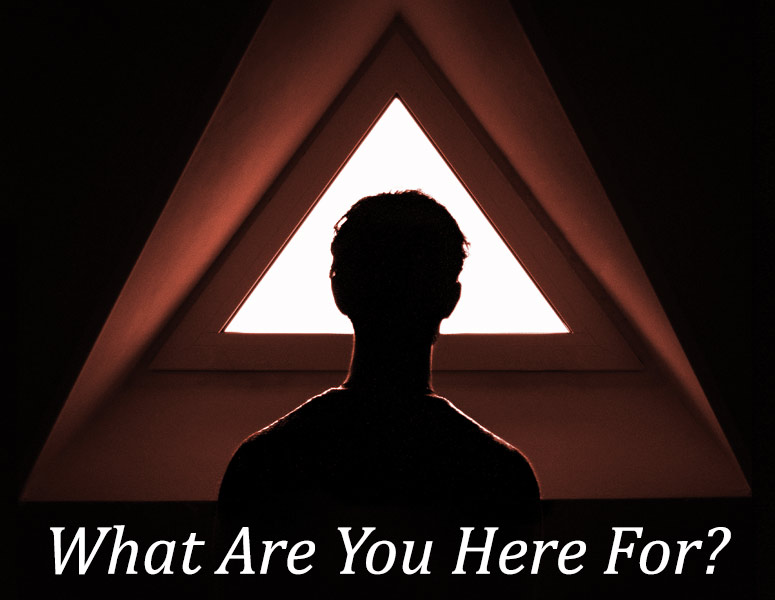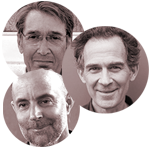let go: “… No one knows how it all will unfold, but whatever changes might come, the skill of letting go will be more important than ever …” … ~ Peter Russell
The accelerated pace of change is undeniable in our times not just with the pervasive – and rapid – impact of the internet … but also due to impacts of other advancements (medicine, AI, science, space exploration), planetary crises (climate change, pollution, pandemics), and more. Consequently, the increasing unpredictability of our future! … which naturally begs the question:
How do we navigate?
We can always look at ancient traditions for certain fundamental principles that offer “keys” to such navigation. The Tao Te Ching is a collection of only 81 short verses but it offers “keys” to all of life’s issues. Yielding to life – a central principle in Taoism – is one such “key” that can help navigate changes (rapid or otherwise):
The way of the Tao is to yield… {excerpt Verse 40, Jonathan Star’s translation}
—
How true is the old saying,
‘Yield and you need not break’!
How completely it comes home! {excerpt Verse 22, Witter Brynner’s translation}
—
As the soft yield of water cleaves obstinate stone,
So to yield with life solves the insoluble:
To yield, I have learned, is to come back again … {excerpt Verse 43, Witter Brynner’s translation}
—
The most yielding thing in the world
will overcome the most rigid … {excerpt Verse 75, Jonathan Star’s translation}
—
Nothing in this world is as soft and yielding as water
Yet for attacking the hard and strong none can triumph so easily
…
It is yielding, yet none can wear it away
Everyone knows that soft overcomes hard and the yielding triumphs over the rigid … {excerpt Verse 78, Jonathan Star’s translation}Of course, such yielding is the underpinning of the principle of letting go … and Lao Tzu underscores the importance of letting go in Verse 75: “… In the end, the treasure of life is missed by those who hold on and gained by those who let go …”
Peter Russell’s opening quote aptly highlights the relevance of letting go in our “rapid change driven reality” … and is from his book Letting Go of Nothing, where he takes us on a deep dive into the topic of letting go … by dissecting it and offering practices stemming from his own direct experience.
This post – part 5 – is the conclusion of our multi-part series providing an in-depth preview of his book through excerpts … and it offers the final chapter Letting Go to the Future which talks about the reality of the rapid changes and how to navigate it using the most apropos analogy of trees …
… Part 1, was the Foreword by Eckhart Tolle … which set the stage for the series …
… Part 2, was the 1st step in letting go, which is Letting In as per Peter (covered in a chapter named as such) …
… Part 3, was about the gifts of pausing via the chapter Just Pause …
… and in Part 4 Peter offered simple yet powerful ways to be present via the chapter Savoring the Moment …
This book is An Eckhart Tolle Edition (an imprint of New World Library – the publisher of Peter’s book) that offers “… life-changing works, both old and new, that have been personally selected by Eckhart Tolle … books that can powerfully aid in transforming consciousness and awakening readers to a life of purpose and presence.”
All italicized text below is from Letting Go of Nothing: Relax Your Mind and Discover the Wonder of Your True Nature by Peter Russell and is published here with his generous permission. Peter has also generously offered a free downloadable PDF of the Table of Contents (link is at the bottom of the post).
Here are all of Peter’s posts on Stillness Speaks … and his website – a treasure trove of wisdom: rich, diverse, and valuable content for your journey … and his YouTube channel where he posts videos regularly.
Letting Go to the Future: Let go to meet the unexpected…
“… We’ll need to let go of our beliefs about what will make us happy, remembering that what we are looking for in life — peace, ease, contentment — is available right here, within ourselves …”
There’s said to be an old Chinese curse, “May you live in interesting times.” Why is that a curse rather than a blessing? “Interesting times” implies there’s a lot going on, much change afoot, new challenges to face. They may not, therefore, always be comfortable times.
Today’s times are certainly interesting. On the one hand, advances in various fields are pushing the frontiers of knowledge and technology ahead ever faster. We have seen as much change in the past twenty years as we have in the previous hundred. Back in 2000, how many of us foresaw smartphones, social media, online shopping, and streaming movies? And we will probably see as much change again in the next ten years. Who knows what new technologies will then seem everyday?
On the other hand, humanity and the planet are facing unprecedented crises. Forests are dying fast. A growing number of species are becoming extinct. The air is hazed with pollution. Rivers run sour into the sea. Climate change has already brought extreme weather, crop failures, and flooded coastal regions, and may soon lead to mass migrations. Zoonotic diseases (those that cross from animals to humans) are appearing at a growing rate, making further pandemics increasingly likely.
Clearly, these are not comfortable times and are likely to become even less so. No one knows how it all will unfold, but whatever changes might come, the skill of letting go will be more important than ever.
Since change is coming ever faster, the future will be increasingly unpredictable. With events we can predict (for example, an impending hurricane), we have some idea of what will happen and how to prepare. But how do we prepare for the unexpected?
I like to draw an analogy with trees braving a storm. First, they need strong, firm roots so they won’t blow over. Likewise, we should be firmly rooted in the ground of being. We’ll need to remain cool, calm, and collected amid change, not thrown into fear or panic by every unexpected development. We’ll need to let go of our beliefs about what will make us happy, remembering that what we are looking for in life — peace, ease, contentment — is available right here, within ourselves.
Like trees, which can sway with the wind, we, too, should be flexible. We’ll need to let go of our ideas about how things should be and what the future might look like. Let go of expectations and our desire for certainty. And see things with fresh eyes rather than those of the past — a crucial element for the creative thinking and innovation that will be required of us.
Trees are safer in a forest than they are standing alone, since they break the force of the wind for each other. Similarly, we fare better in community. The future is uncharted territory, and we’ll feel vulnerable at times, needing to express our feelings or ask for emotional support, and at times material support. We will need to open our hearts and be more forgiving, remembering that, deep down, we all want the same: to be free from suffering, to feel respected and loved.
In a forest, a storm may be raging in the treetops while down on the ground all is still. So, too, we’ll benefit from abiding in the stillness of our own being. Amid all the impermanence of life, this is one permanent place of refuge — the ever-present, unchanging quality of “I am,” the calm center of our ever-turning world. There we can tap a source of wisdom and inspiration untainted by the agendas of ego-mind.
In short, we’ll need to let go of whatever stands in the way of our being smarter, more creative, more resourceful, and more compassionate human beings, more in touch with our self, able to respond to change with greater clarity and wisdom.
And do so in whatever ways work for each of us. In these pages, I’ve suggested approaches that have helped me let go. You may well know others that help you. Good; the more the better.
I also know from experience how challenging it can be to stay on track. It’s easy to get caught up in the many distractions the world has to offer, not to mention the many distractions our minds create for us.
Here again, community — helping each other on the path, catching each other when we fall — is invaluable. Pointing out attachments we should let go of — whether to some possession, a story we are telling ourselves, some judgment, grievance, worry, or anything else that is creating unnecessary discontent. Reminding one another to relax, return to the present, and rest in the deep peace of our true nature.
The good news is, we are collectively homing in on the common core of the world’s wisdom traditions, distilling their essence, and using previously unavailable media to share it around the world.
Moreover, we are doing so in everyday terms, bringing awakening down to earth — without metaphysical baggage, without being shrouded in the trappings of another culture or reserved for only a select few. Keeping it reasonable, sim- ple, and understandable.
And, most important, we are making it attractive, something people desire — which takes us back to Ajahn Chah’s words, which opened this book:
If you let go a little, you have a little peace.
If you let go a lot, you have a lot of peace.
If you let go completely, you have complete peace.
~ Peter Russell
And, click here for the free, downloadable PDF of the Table of Contents.
Stay tuned for other original and fresh content from authors and teachers like Alan … coming up are Alan Watts, Zenju Earthlyn Manuel, and more …
=== ==== ===
Letting go of our identifications helps us see our “oneness” … a natural consequence of which is more compassion and kindness towards others … so in that spirit let us help the victims of Hurricane Ian in whatever way we can … and to that end here are some options:
1) 6ABC: How to help those impacted by Hurricane Ian.
2) Go Fund Me: How You Can Help: Donate to Hurricane Ian Relief.
3) USA Today: Here’s how you can help those affected by Hurricane Ian in Florida.
— — — —
We are all facing financial challenges but IF your situation allows you to donate and help then please do so …
THANK YOU!
